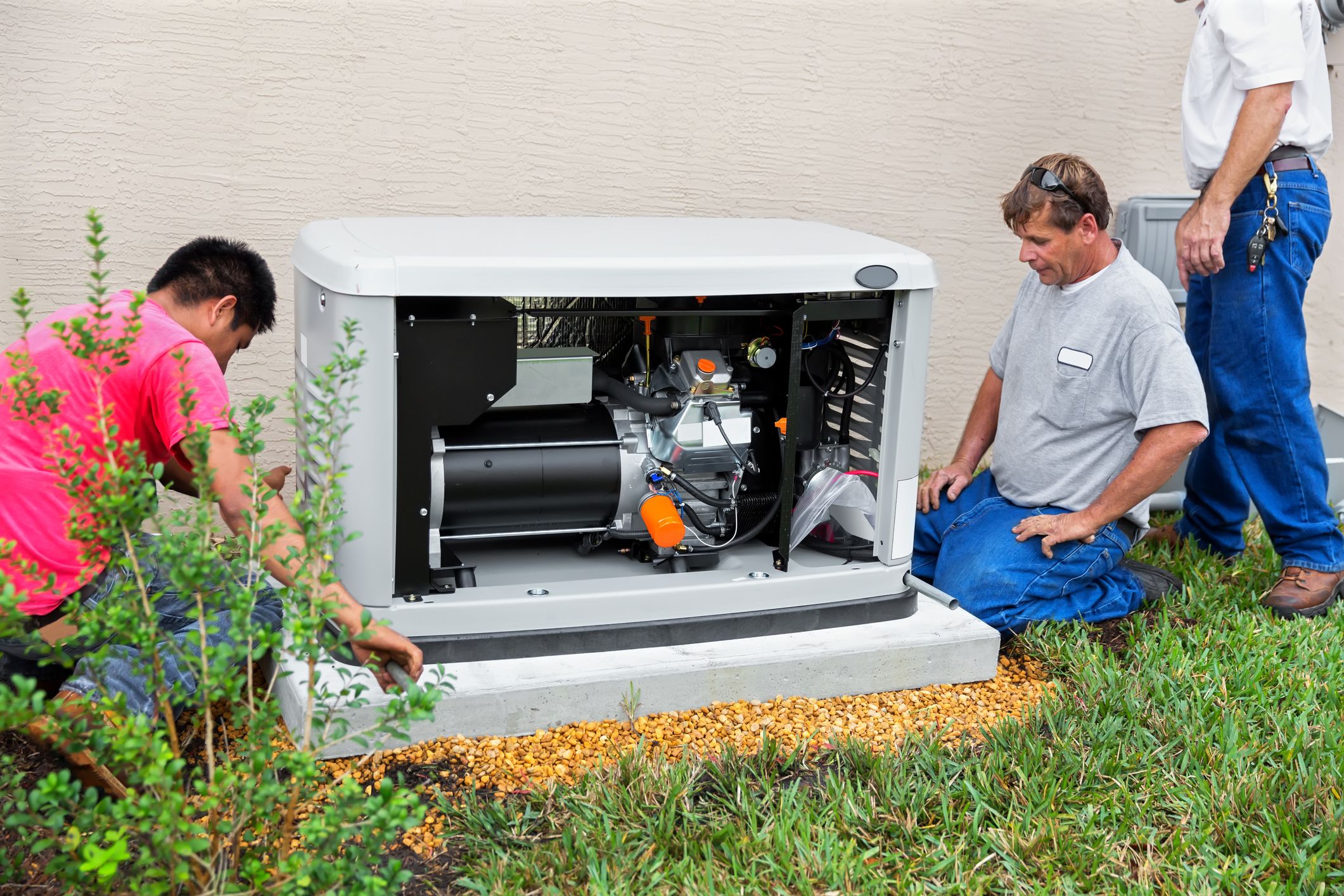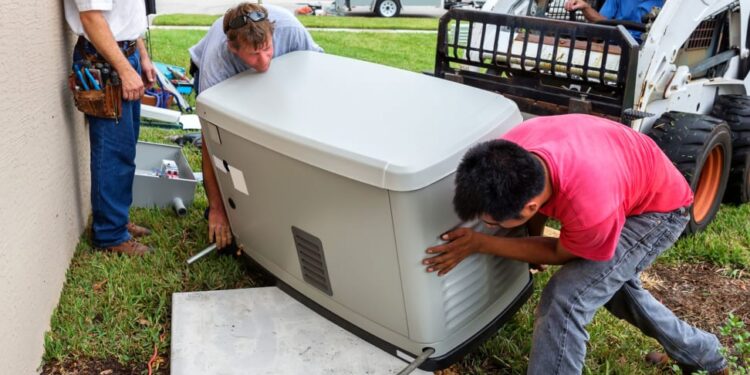If a storm or power outage knocks out your electricity, do you have a plan? That’s a question many homeowners are asking themselves lately, as power outages seem to be more and more common. A whole home generator can provide backup power in the event of an outage, so you don’t have to worry about losing electricity during a storm or other emergency.
But is the cost of a whole-home generator worth the peace of mind it provides? Here are some questions to ask yourself before making your decision.
What’s the Cost of Installing a Whole-Home Generator?
Whole-home generators are expensive, but they can save you thousands of dollars during a power outage. Expect to spend anywhere from $1,440 to $7,240 to set up a whole-home generator. The average cost is roughly $4,275, both for the whole unit and installation, as noted on https://callsalt.com/.
Some homeowners may be hesitant to shell out this much money. But remember that a whole-home generator easily pays for itself in a few short years or even months, especially if you live in an area that frequently experiences power outages. You may even get to enjoy tax deductions for having a whole-home generator installed.
Do I Really Need a Whole-Home Generator?
Not everyone needs a whole-home generator. For example, if you live alone in an apartment or condo without children at home, there may be no need for backup power generation capabilities. However, more homeowners are opting for home generators to provide backup power and effective emergency preparedness with every passing year.

You’ll likely need a generator if you:
- Live in a region with frequent power outages caused by storms or other factors (i.e., hurricanes, floods, harsh winters)
- Have an older home that’s not equipped with updated electrical wiring to support increased electricity usage from modern appliances and equipment
- Own a home increasingly reliant on computers, televisions, entertainment systems, and other electronics
- Have medical equipment that requires a steady stream of electricity to function (i.e., dialysis machines, oxygen concentrators)
- Work from home and need a reliable power supply option for your home
- Have a sump pump and well water pump that requires electricity to function properly
How Big of a Generator Do I Need to Run My Entire Home?
A whole home generator can supply electricity to your entire home, but the size of the unit you need depends on various factors. For example:
- How many appliances and devices use an electric current in your house?
- Is it only during power outages that you want electrical power for everything? Or is this intended as a backup power system for all of your appliances year-round?
- What are the wattages of your devices and appliances? You can find this information on the product’s label or by contacting the manufacturer.
- How many hours a day do you anticipate using backup power?
The more electrical devices you have, the larger generator you’ll need. Generally, a good rule of thumb is to have the generator capacity equal or exceed your most-used appliances’ wattage. It’s best to oversize your generator since it will only cost a little bit more to get one that can run all of your appliances for longer periods.
What Are the Benefits of Installing a Whole-Home Generator?
While portable home generators are also a great option, a whole-home generator can benefit your home and family in several different ways. Some of the benefits include:
- Increases the value of your home
- Offers peace of mind by providing a continuous flow of power during a blackout
- Highly convenient, safer to use, and easy to install
- Saves money on energy costs by running appliances, air conditioning units, and more at the same time
- Cost-efficient fueling options – natural gas or liquid propane
- Long lifespan and minimal maintenance
Enjoy the Convenience of a Whole-Home Generator
So, is a whole-home generator worth the investment? Absolutely. In fact, it’s one of the smartest investments you can make for your home and family. Not only will you be able to keep your appliances running during an outage, but you’ll also have peace of mind knowing that you’re prepared for the worst.





